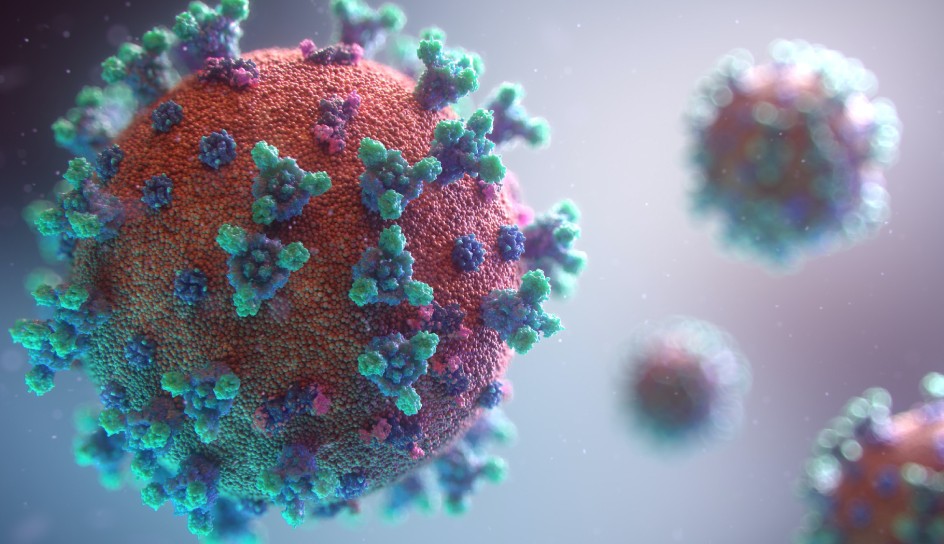Advancing Rare Disease Policy in India: Strengthening the National Framework for Improved Healthcare

For a healthcare system already grappling with a high disease burden, addressing policy and regulatory issues for rare diseases is a significant challenge. The proportionality logic often discourages allocating resources to conditions that affect fewer people compared to more common health issues. However, the rarity of these diseases demands substantial investment and resources due to the lack of epidemiological data, research, availability of drugs, and the complexity of long-term care and rehabilitation. The suffering or loss of life due to a rare disease is a public health challenge and deserves equal attention. As a leading generic medicine supplier in India, we are one of the most reliable pharmaceutical companies for generic (or branded generic) and branded medication supplies globally.
Government Initiatives:
The Indian government has started addressing the rare disease landscape. The National Health Policy 2017 mentioned managing rare/orphan diseases through public-private partnerships. A National Policy for Treatment of Rare Diseases (NPTRD) was formulated in July 2017 and reviewed in 2018. In March last year, the comprehensive National Policy for Rare Diseases 2021 was approved, and a hospital-based National Registry for Rare Diseases was initiated by ICMR in 2017.
Defining Rare Diseases:
India currently lacks a definition for rare diseases. Different countries have varied definitions, and a rare disease in one country may not be considered rare in another. It is crucial to define rare diseases within the Indian context, considering the total population, severity, and availability of alternative treatments.
Prevalence and Impact:
Rare diseases affect nearly 6-8% of the population in any country. In India, this translates to approximately 72-96 million people, with 450 recorded rare diseases. Predominantly genetic, these diseases impact children significantly, with 70% of genetic rare diseases starting in childhood. This high impact on children necessitates a serious approach to rare diseases.
Recommendations for Improvement:
- Accelerate Epidemiological Data Collection: Allocate more resources and personnel to the National Registry for Rare Diseases to define rare diseases accurately.
- Increase Funding: Raise the allocation of funds for different rare disease groups, especially for those requiring lifelong treatment.
- Upgrade Infrastructure: Substantially increase the funding for the eight identified Centers of Excellence (COE).
- Early Diagnosis and Screening: Implement preventive screening, prenatal diagnosis, newborn screening, and early postnatal diagnosis and treatment. Mandate newborn screening in clinics and nursing homes.
- Address Unregistered Medicines: Facilitate the availability and regulation of unregistered medicines in India to ensure that patients with rare diseases have access to necessary treatments.
While the National Policy for Rare Diseases 2021 is a positive step, further policy support and resource allocation are essential to enhance the healthcare framework for rare diseases in India.
Read More
Advancing Rare Disease Policy in India: Strengthening t...

Need to include rare disease patients from India in for...




